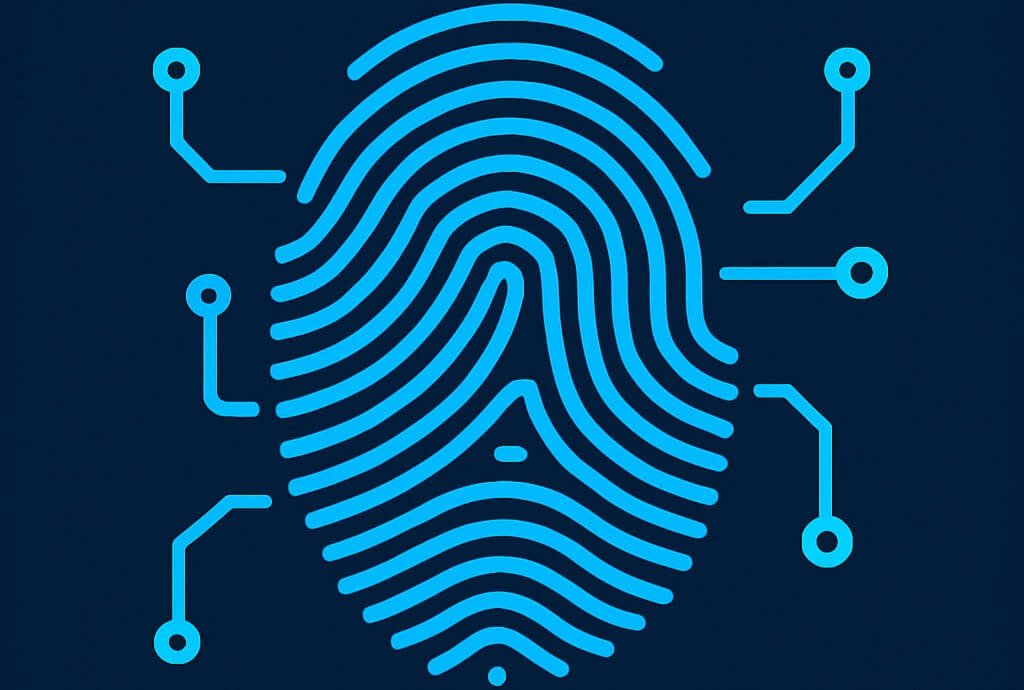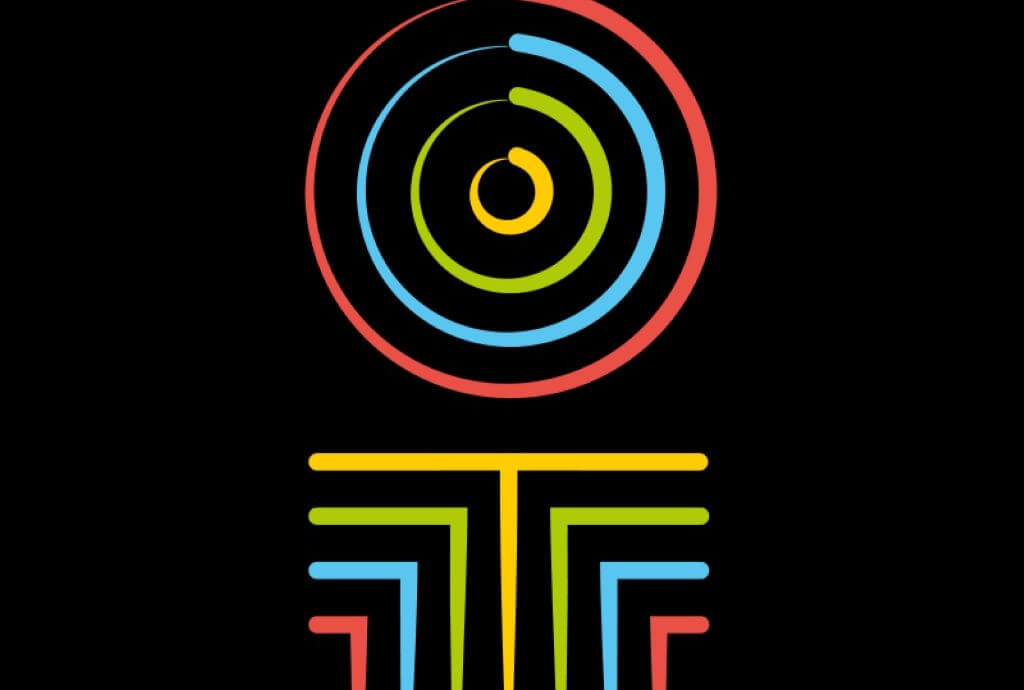Summarised by Centrist
As of July 24, New Zealand is enforcing new rules to regulate digital ID services used by government agencies.
These rules set out how digital ID credentials, such as mobile driver’s licences, must work and require providers to protect users’ privacy.
Providers must comply with the Privacy Act and be subject to regular reviews of their privacy protections. However, the rules also include “specific kaitiakitanga requirements when handling Māori information,” based on cultural principles of guardianship.
An independent evaluation claims the biometric technology generally proposed for use, such as facial recognition, does not unfairly affect Māori or Pasifika users.
The Department of Internal Affairs recently put out a tender to build the digital credential platform under these rules, with a planned launch before the end of 2025. They want a digital ID system that’s already built and proven, not one that needs to be developed from scratch.
The framework bans any ‘phone home’ functions, meaning the system cannot secretly send your data back to servers when using a digital ID. All personal information collection must happen with user consent.
The issuance platform will be managed by DIA and used by government agencies to issue digital IDs and other credentials stored within the NZ Government Digital Wallet app, which is expected to launch before the end of 2025. The digital credentials will be verified using NZ Verify, developed by local company Mattr.
Editor’s note: The special carve-outs based on ethnicity read as virtue signalling, since privacy and surveillance concerns affect all New Zealanders equally. Such targeted statements seem more aimed at pacifying political sensitivities than tackling the real, broader risks posed by expanding digital ID systems. The growth of these platforms increases government reach and surveillance potential, raising civil liberty questions.



















